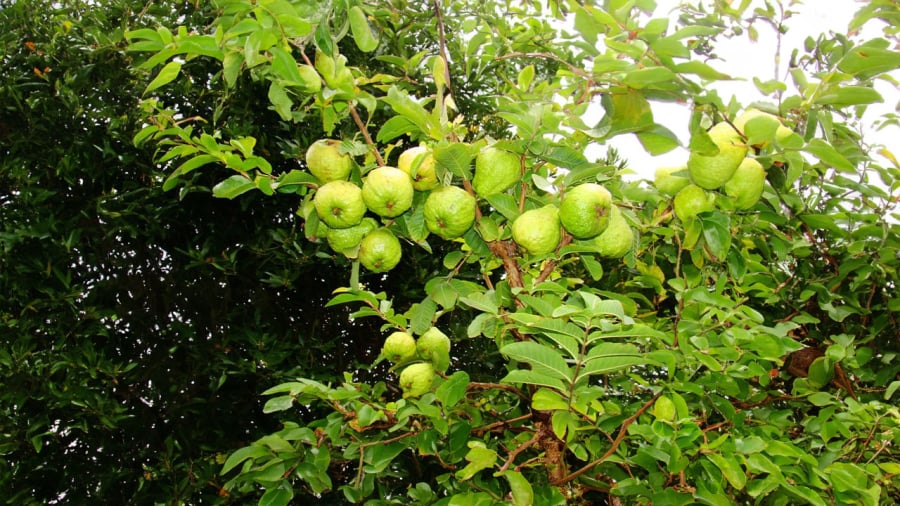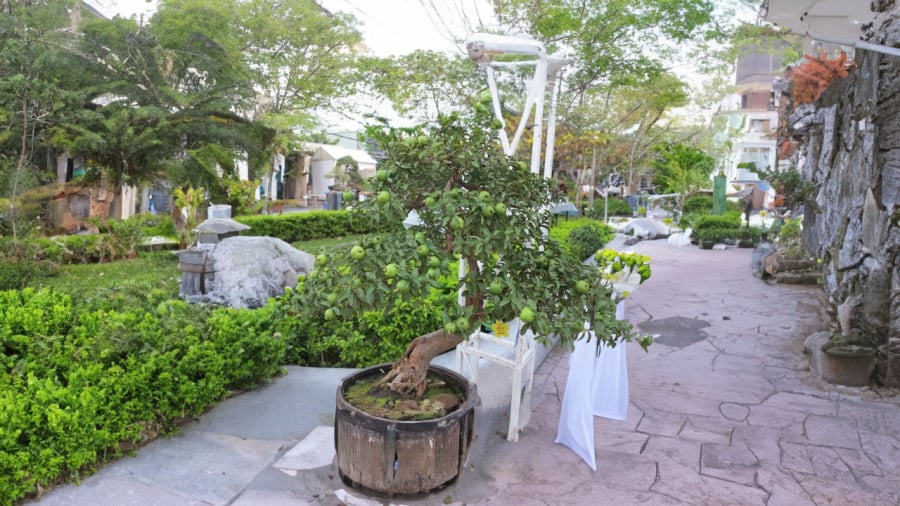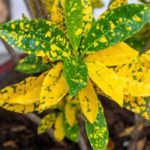Loquats are a famous fruit tree in Vietnam. Loquat leaves are also a characteristic accompaniment to nem, a popular dish. Loquat leaves are also a good medicinal herb in folklore and traditional medicine. Loquats are rich in vitamin C, not an expensive fruit, but a popular one with many praised uses. There are many types of loquats, such as găng loquat, mỡ loquat, xá lị loquat, trâu loquat, đào loquat…
What does loquat represent in feng shui?
In the past, loquats were mainly grown for fruit and leaves. But recently, loquats have been widely used as bonsai for home decoration. According to feng shui, loquat trees symbolize strong vitality and resilience like a noble person. Loquat fruits bring luck and prosperity. Mature green loquats represent wealth, abundance of offspring, and a happy family.

Loquat trees have bushy brown trunks, sometimes with peeling bark revealing white trunks. Loquat trees also provide shade and can grow into large trees. Therefore, loquat trees are suitable for planting in areas near the house, balcony, front, or back of the house, depending on the choice of tree shape and planting method. Large loquat trees should be planted behind or to the left of the house. Loquat bonsai and small tree shapes should be placed in front of the house.
Which element is loquat suitable for?
Loquats are not associated with any particular element because they have white flowers, brown trunks, peeling white-gray bark, green leaves, silver-gray undersides, and green or reddish-white fruits. According to feng shui experts, loquats are not selective of the person planting them, so anyone can plant this type of tree regardless of their destiny or age.
But remember this when planting loquats
Loquats can be grown as bonsai, potted plants, or in the ground. When planted in the ground, they can grow into large trees. Therefore, determine the planting location in front or behind the house to choose the appropriate type of tree. If you want to grow a big tree, plant it behind the house. If it’s a bonsai style, plant the loquat tree in front of the house.
When planting loquats, it’s important to consider the feng shui of the east green dragon and west white tiger. Loquat trees belong to the category of tall trees, so it is recommended to plant them to the left, which is the green dragon or behind the house. They will be taller than other feng shui plants to the left. According to the feng shui rule of the green dragon and white tiger, when the white tiger is taller than the green dragon, it will dominate and create imbalance in the feng shui of the eastern green dragon and western white tiger in the house.

Loquat trees should not be planted in the middle of a pathway as this can hinder the flow of air and the entry of divine beings into the house.
Loquat trees are also prone to fruit fly pests, so you need to be careful when planting to avoid the fruit fly season, which can cause itching for people indoors. You can use a large spray bottle to spray insecticide and kill fruit flies.
How to care for loquat trees:
Soil: Loquats prefer slightly acidic soil, with a pH not exceeding 6 and not below 5. The soil should be rich in moisture and organic matter to produce many fruits.
Temperature: Loquat trees do not tolerate extremely cold temperatures. However, they thrive in the climate of Vietnam.
Light: Loquat trees prefer full sun, at least 6 hours per day. Therefore, the planting location should be open, airy, and spacious for the tree to grow.
Moisture: Loquat trees prefer moderate humidity, so regular watering is necessary.
With loquat trees, you can plant them as bonsai, potted plants, or in the ground. You can also use loquat leaves to make tea, which helps lower blood pressure.
The information provided is for reference only.
2023 Lunar New Year Gift Ideas for Older Family and Friends
As 2021 approaches, families worldwide are gathering to celebrate the special bond between grandparents and their grandchildren. To show their love and admiration, these thoughtfully chosen gifts will bring a smile to the face of the elderly. Here, we have compiled a list of the 13 most meaningful Tet presents that can bring joy to our beloved grandparents.





































